A Game Boy for 2020: we ask Panic all about its crazy Playdate handheld
...as well as speaking to Katamari series creator Keita Takahashi about his involvement, too
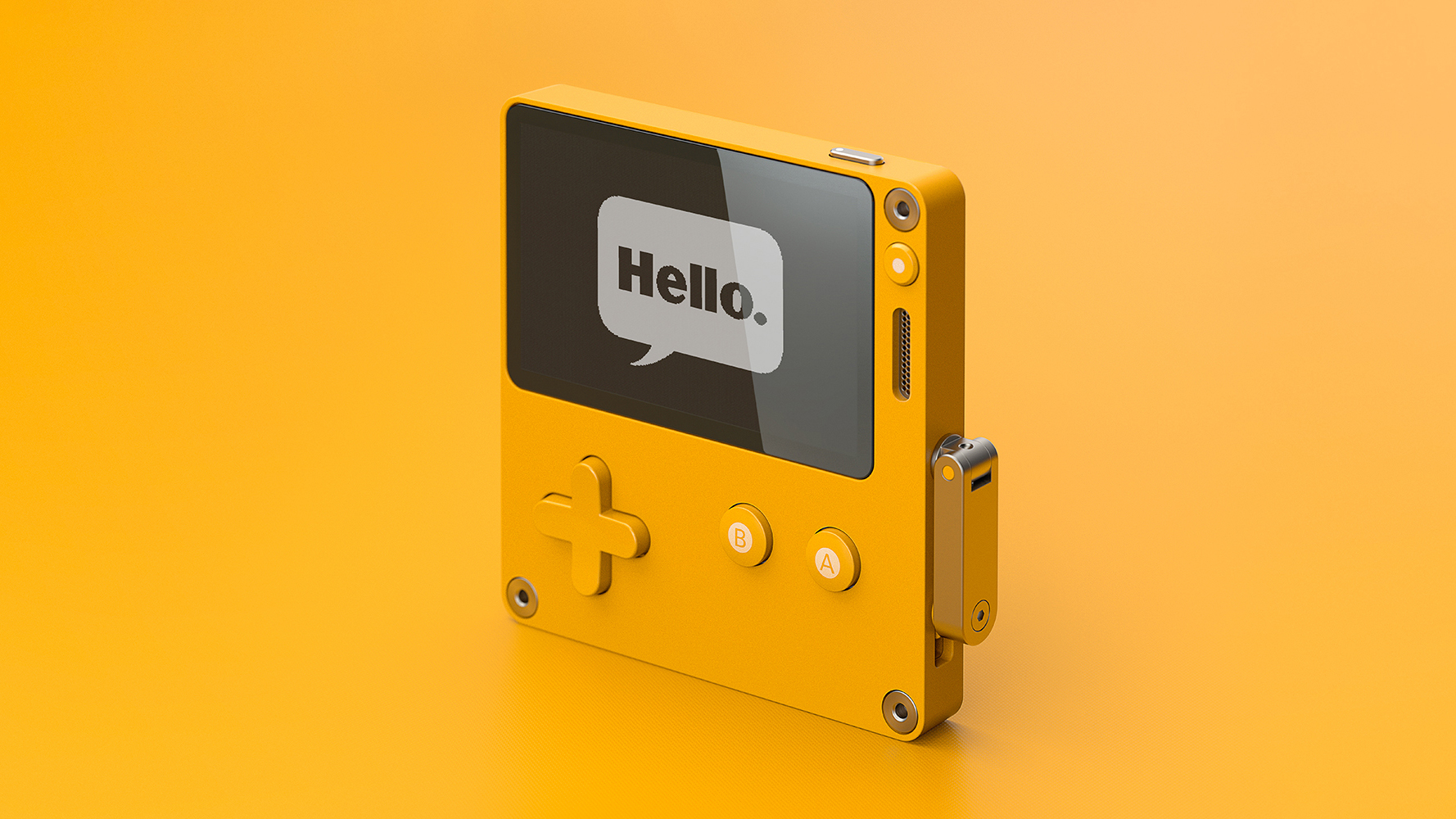
For all their utilitarian functionality and processing heft, video game consoles rarely replicate such sleek architecture in the actual build. Sony’s new PS5 DualSense controller has been, perhaps optimistically, described as looking like a Stormtrooper imagined by Homer Simpson, while the world awaits a follow up to the conjoined planks of black plastic that formed its console predecessor.
These brutalist aesthetics are often by design. But as we revisit the pixelated mists of gaming time and multiple nostalgic, Proustian memories, it’s clear there is another way, from 1977’s Atari VCS/2600 to 2016’s NES Classic Mini. Indeed, the recently released Home Computers book confirms that space age tools have often accompanied our own adventures into deep fantasy.
“There were no design conventions for the earliest home computers, no rules for how they’d look,” comments author Alex Wiltshire. It’s surely a compliment that Panic’s forthcoming Playdate may fit comfortably within the pages of a speculative 2045 fourth edition.
Announced last May, the Portland-based software and video game company Panic are on the cusp of releasing what they call a “revolutionary” handheld, which has lost none of its wow factor in the intervening months.
Pocket-sized, it has a crank!
The publishers of Firewatch and Untitled Goose Game seem intent on eschewing both the design and gaming conventions that surround Playdate, with a piece of hardware that is simultaneously ahead of its time, of its time and out of time. Pocket-sized, it has a monochrome screen, a crystal-clear image, no backlight and is supported by Wi-Fi, USB, Bluetooth and a headphone jack. Best of all, is the crank.
Triumphantly set in sunbeam yellow, this final feature was added by Stockholm’s Teenage Engineering, who built Playdate in collaboration with Panic. In an interview with TechRadar, Steven Frank, co-founder of the company he set up in 1997 with Cabel Sasser, outlined the lengthy journey Playdate has already been on since initially being floated back in 2014.
“The project has grown massively in complexity over time. At first, the idea was to make a simple electronic trinket that we could give to a few dozen close friends to celebrate our company's 20th anniversary. It somehow just kept evolving and evolving until it became a handheld game system that we were going to be selling to the general public,” he explains.
Get daily insight, inspiration and deals in your inbox
Sign up for breaking news, reviews, opinion, top tech deals, and more.
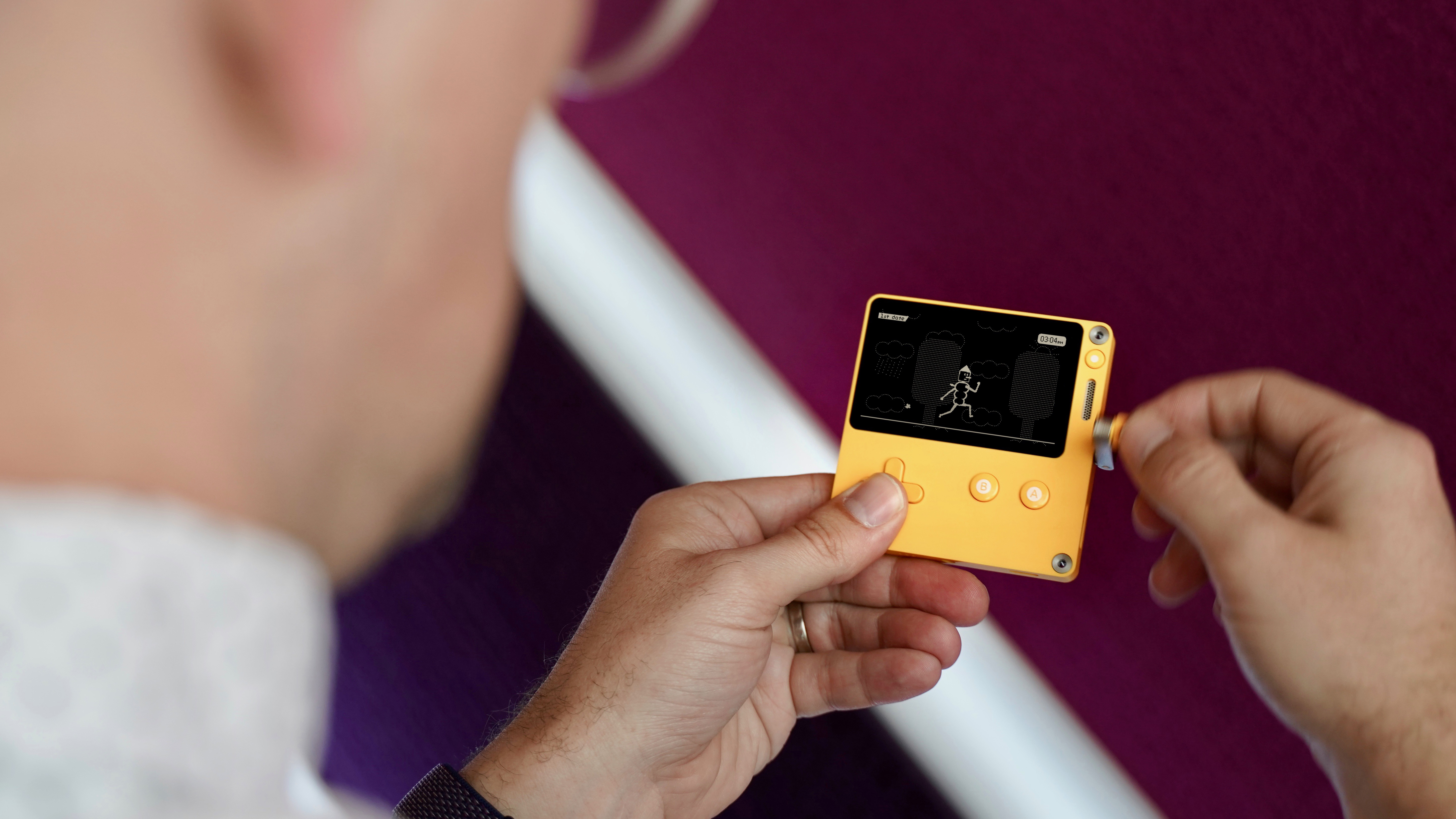
Panic happy to 'go against the grain'
Even before release, Playdate has developed an almost countercultural vibe, in its transparent intention to “go against the grain”. That approach bleeds into every component of the machine.
So how will Panic judge its success? “I don't want to be, like, 'it's not about the money!' but in many ways it's not about the money. At least, not entirely. Some money would be nice,” says Frank.
“But I think in terms of this particular project at this particular time, it would do my heart a lot better to see people out there enjoying it, sharing their experiences, maybe convincing themselves to give game development a try, and have communities forming around that! If it inspires a whole generation of creators, I'd consider that a wild success,” he continues.
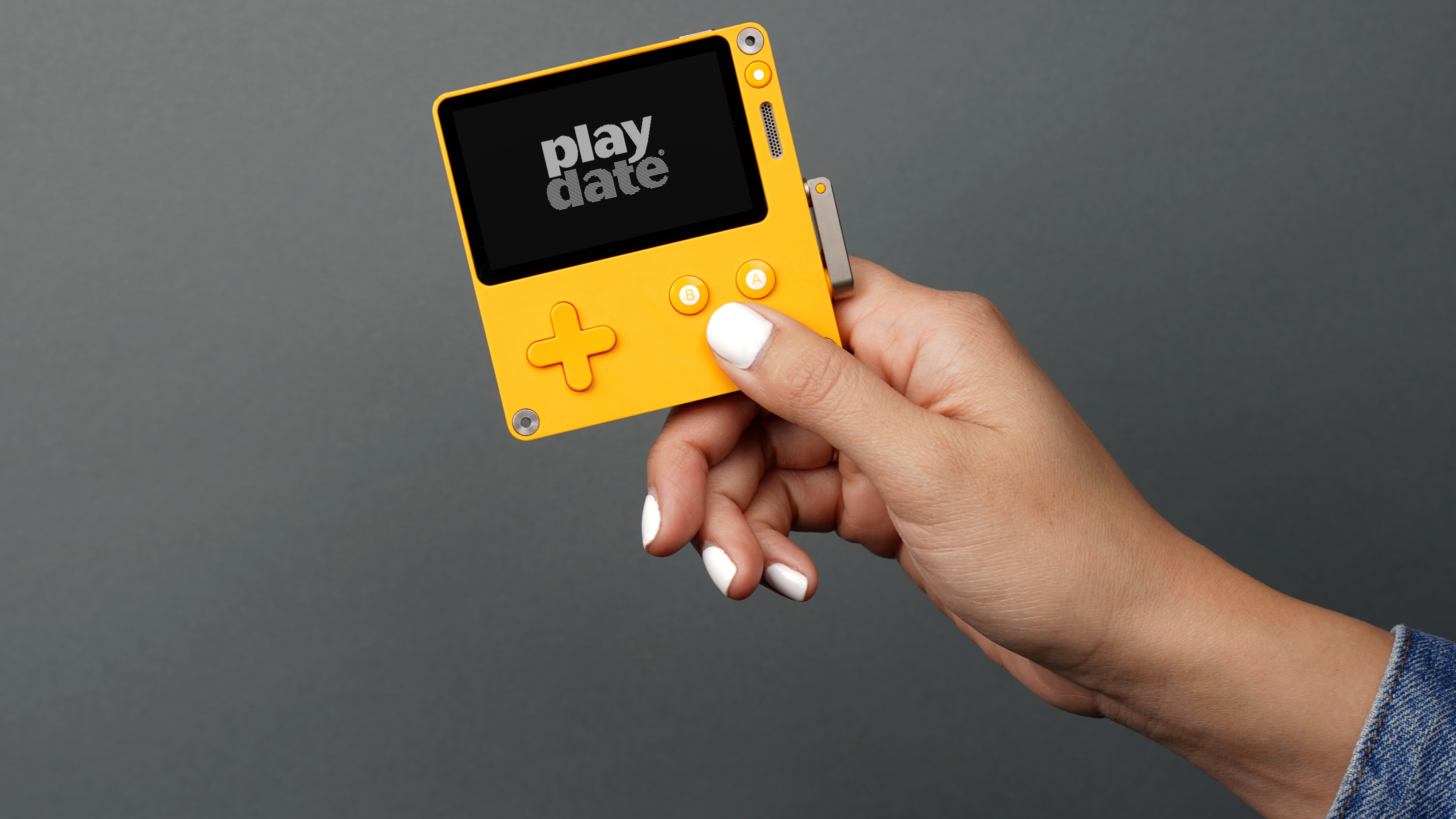
That's because the unique draw of Playdate stretches far beyond the charming, sumptuous device and impossible to ignore crank. The in-built functionality allows it to have extensive educational capabilities that, like the design, hark back to a bygone technological era and, as Frank pinpoints, those “early computers we grew up with.”
“What I do want people to know is that Playdate will be an open platform. We want everyone to be able to develop games for it. Every Playdate can double as a development kit when you pair it with a computer and our developer tools.
“Although we're still making final decisions on how our own game distribution channels will work, ‘sideloading’ of games will be allowed. If you have a Playdate and a computer, you can make a game and distribute it to other Playdate owners without us being involved,” he explains.
Games delivered in 'seasons' via Wi-Fi
Of course, Playdate is, fundamentally, a gaming device, intended almost as a totem for players who, as Sasser has previously stated, “just care about that indescribably electric feeling of experiencing something new that games give us” (via Gaming Bolt).
It is here, once again, that these contrary instincts kick in. In fact, owners of the device will be asked to spend $149 (about £125 / AU$230) without knowing very much at all about the content.
The plan is for games to be delivered in “seasons” via Wi-Fi, with little prior notice or explanation. Although six acclaimed designers – Keita Takahashi (pictured below), Dave Makes, Chuck Jordan, Zach Gage and Bennett Foddy – are confirmed to have worked on the first raft, other details remain scant.
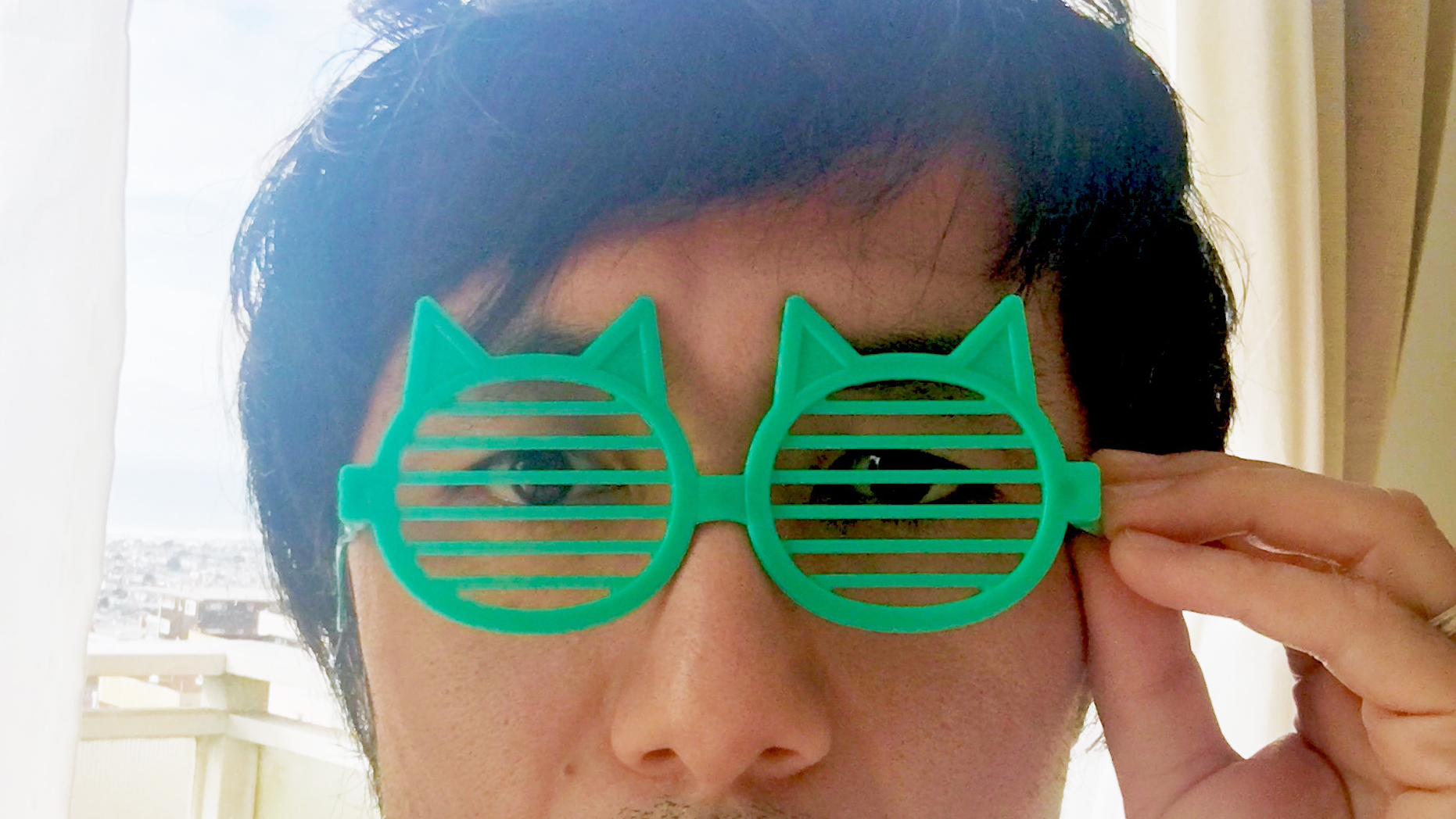
Frank explains why: “We really feel like some magic has been lost in the modern internet era where everyone knows absolutely everything about a new product before it even goes on sale. When you buy a Playdate, part of what you're buying is that experience, that surprise. It's intentional.”
Panic have recruited recognizable figures from the existing gaming landscape, “like putting well-known actors in a movie to attract attention to it.” Frank continues: “It helped if they had a little bit of an offbeat personality or a history of quirky games, but I think Playdate sort of self-selects for that.”
Takahashi, who has built his reputation via games such as Katamari Damacy and 2019’s Wattam, is behind Crankin’s Time Travel Adventure, which, in previews, illustrates the practical and comedic possibilities of the analogue lever.
“The action of rotating a crank just reminded me of an old movie film projector,” he tells TechRadar, before admitting: “I had never seen or touched or smelled an actual Playdate device when I came up with the idea.”
'Technologies help my bad game designs'
Takahashi’s games are often founded upon the chaotic lysergic possibilities of modern computing. How did he feel about Playdate’s relative limitations?
“I have been thinking how I am spoiled with technologies as a game designer. Technologies help my bad game designs. Without any reason, I can put so many characters into one level just for fun because of powerful CPU and GPU. Modern visual effects help to make the games look nice,” he says.
“So I was thinking for a long time that I need to make a game which is more simple, solid, deep and purely fun without any of the extra fancy stuff, to make sure I am (still) a good designer or not (laughs). To prove that I am good designer, I thought I should also not use a crank because again it would be spoiling me like other modern technologies," he explained.
“But I got the idea for Crankin's Time Travel Adventure and it was fun and easy to understand with the use of a crank. So in a way I hope Playdate 2 won’t have a crank and finally I will be able to make sure I am a good designer,” says the famously inscrutable Japanese creative.
Despite the temporary closure of the Malaysian factory where it is being made, Playdate is still on course to come out in 2020, as planned. “This is our first ever hardware product, so we're trying to leave ourselves lots of leeway for unexpected things to happen (like, say, a global viral pandemic), but I think we're solidly on track for a release later this year,” says Frank.
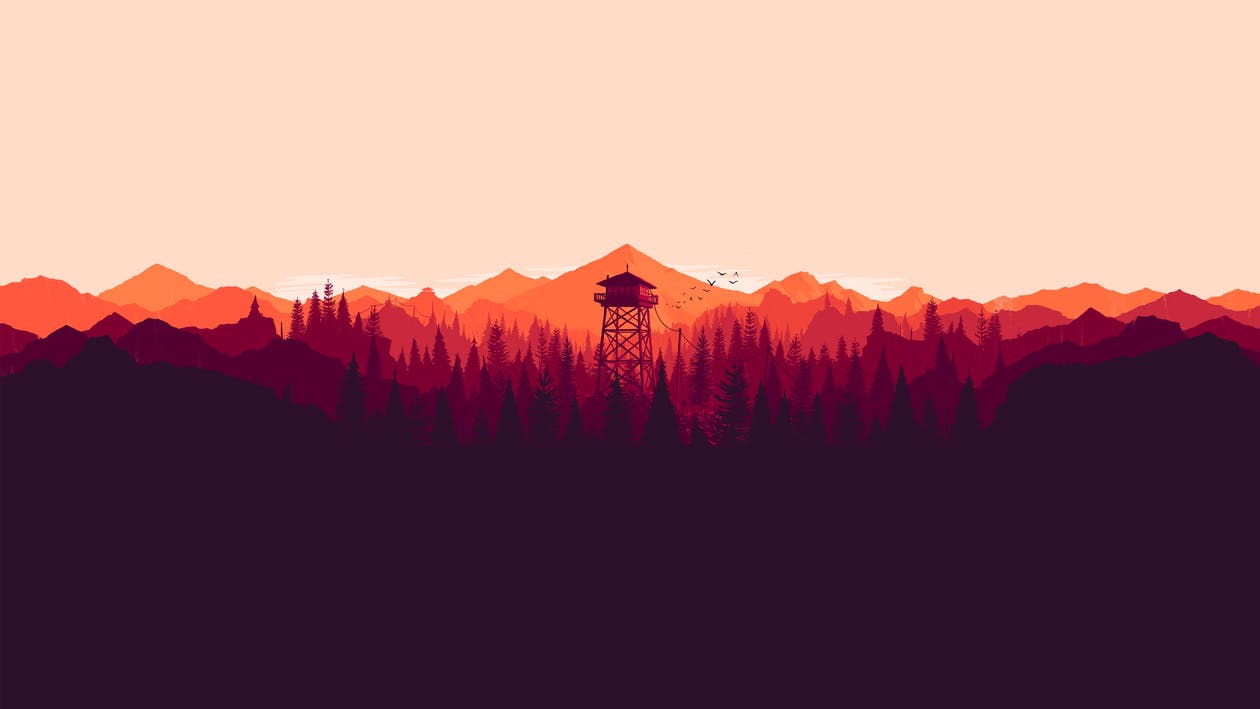
Playdate first revealed in Firewatch
Given all of the above, there is a palpable sense of excitement around Playdate’s imminent release. Panic are, after all, at least partly responsible for two unique recent games that have been met with near universal acclaim. Untitled Goose Game’s simplistic premise (you are a goose, honk!) has proved a staggering success, scooping the Best Family Game prize at April’s BAFTA Games Awards.
As a publisher, Frank says its critical and commercial success has not been entirely unexpected: “From the moment I saw the early gameplay trailer, it was obvious that the game had an almost universal appeal, so I was hoping it would do well."
“But I don't think any of us expected it would do quite as well as it continues to do. House House (the developers) deserve all of the awards they've collected for dreaming up a charming and hilarious game that's brought so many people together around the world,” he explains.
Meanwhile, some eagle-eyed gamers might actually have spotted Playdate as far back as 2015, when the first incarnation of the device was revealed in the engrossingly meditative Firewatch, set in Shoshone National Forest, USA. While the possibilities of Playdate remain, as yet, unknown and undiscovered, some will still be hankering for a return to this lonesome wilderness.
Are there any plans to revisit the quite different storytelling of Firewatch? “Campo Santo owns the rights, so it's ultimately up to them,” says Frank, before concluding: “Panic, as a publisher, is definitely drawn to games that have a compelling story or resonate emotionally. I hope we get to help bring another story like Firewatch into the world soon!”
- The best games consoles of 2020: PS4 Pro, Xbox One, Nintendo Switch, and more